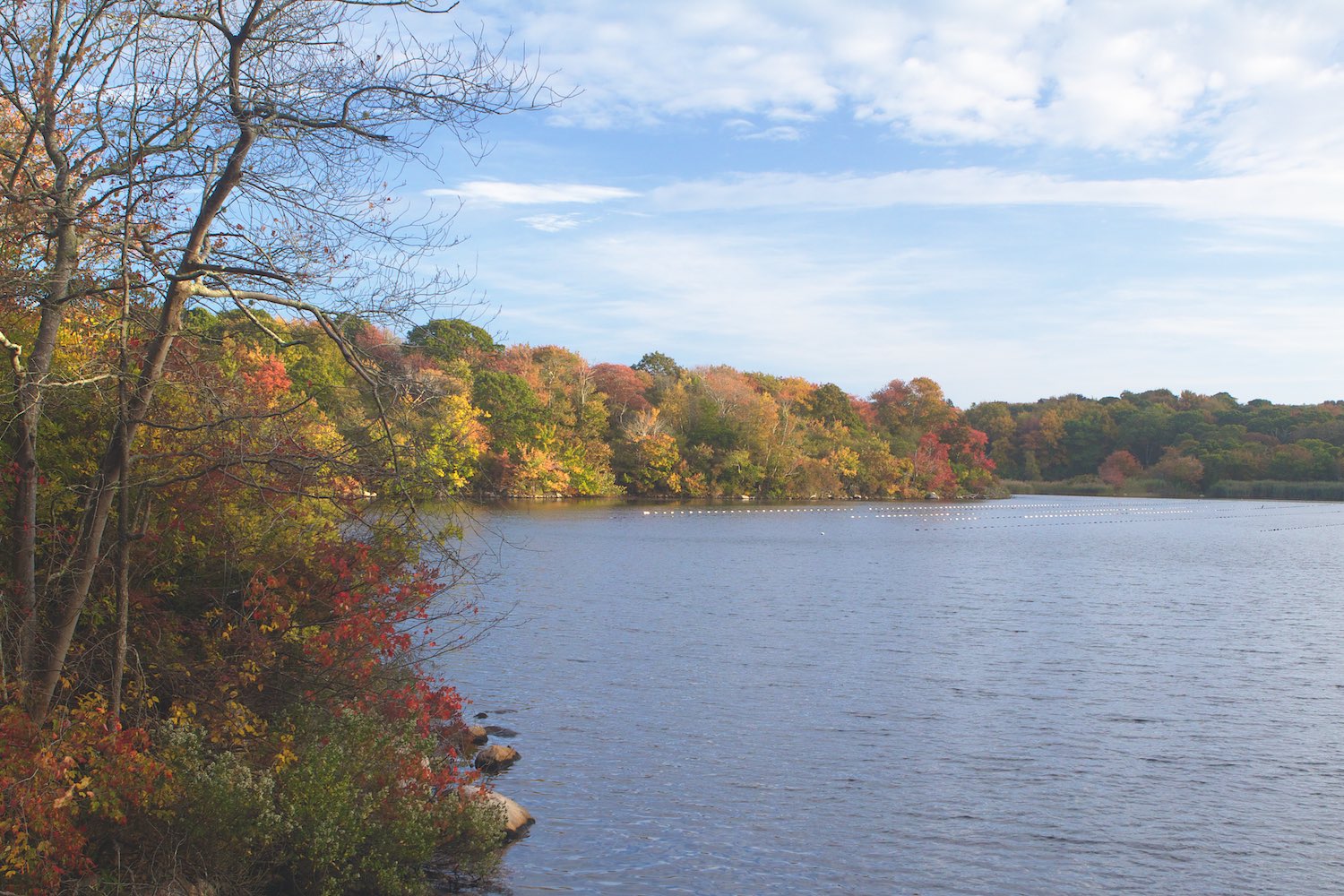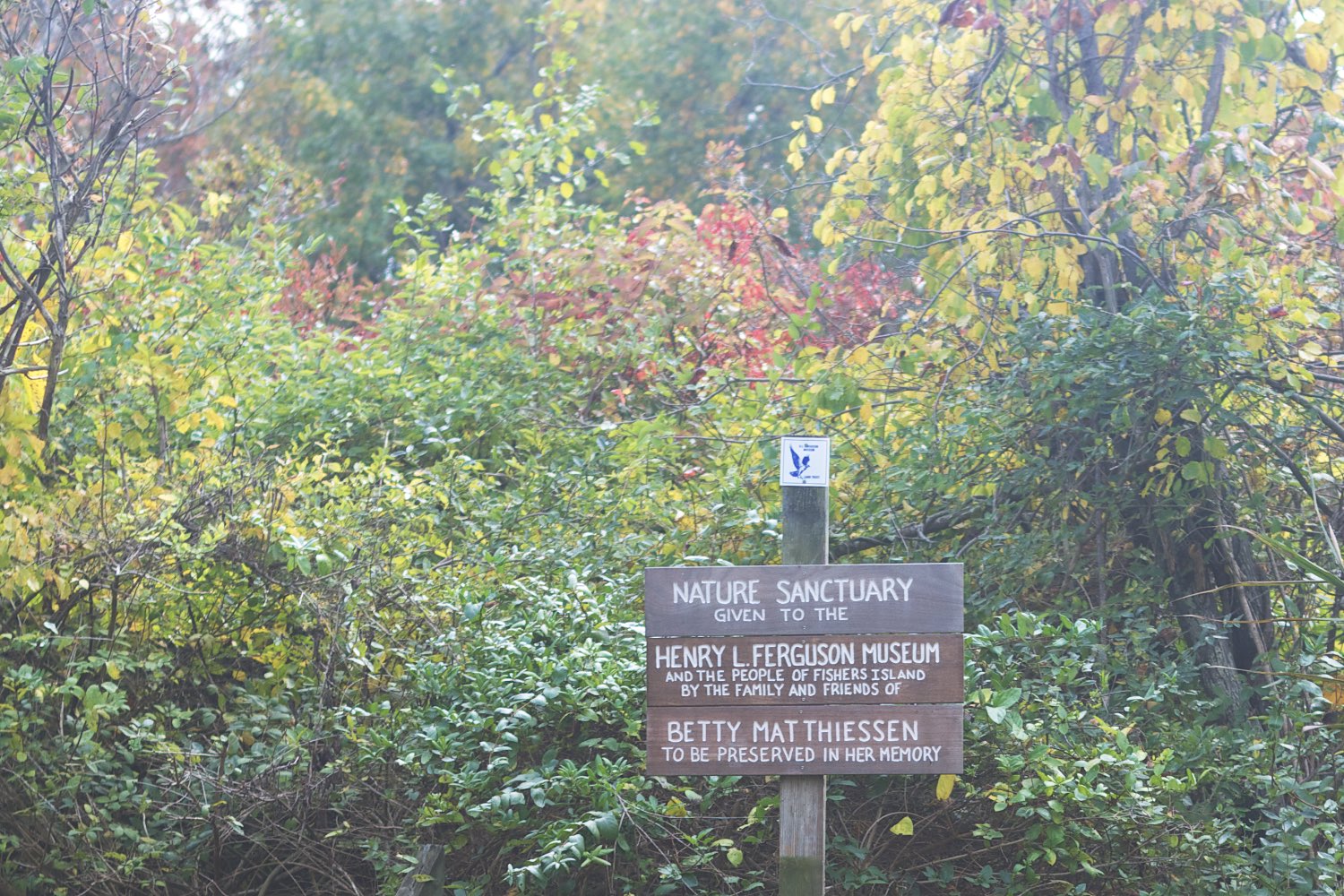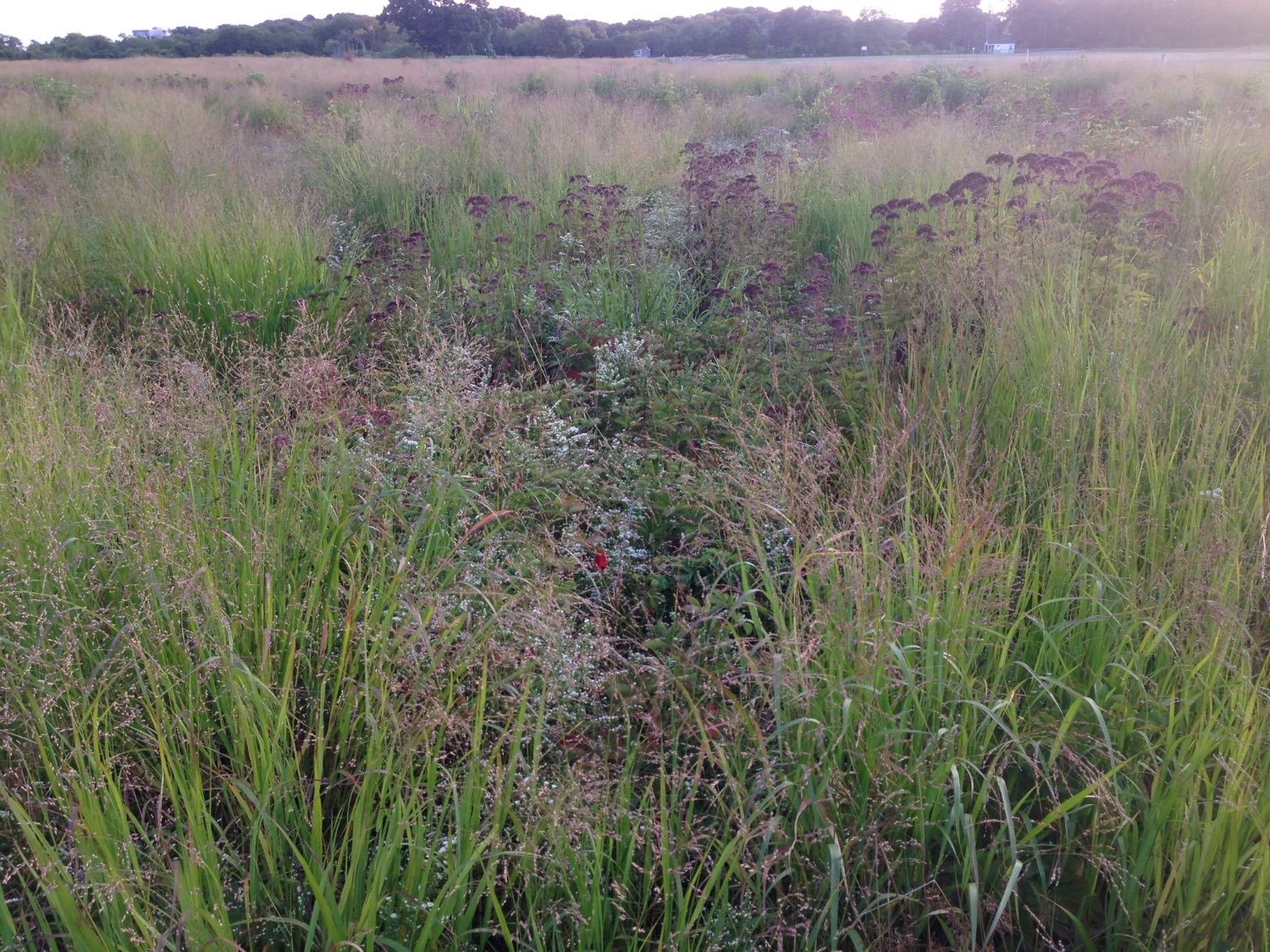Fishers Island Oyster Farm's aim is to cultivate and bring to market sustainable shellfish, and at the same time help nurture the ecosystems within which we live and work.
Sounding the alarm… SGCC
Anywhere there’s a shoreline, you can find signs of the impacts of climate change—sea level rise, ocean acidification, increased frequency and severity of storms. In 2018, Sarah and Steve Malinowski, with six other shellfish growers, formed a partnership with The Nature Conservancy to create the Shellfish Growers Climate Coalition (SGCC). SGCC members are dedicated to bringing about climate policy action by sharing their stories of how climate change is already harming their operations, their businesses and their communities. They ask members of the Senate and Congress to pass and co-sponsor policy that will decrease greenhouse gas emissions as much, and as soon, as possible. In its’ first year, the SGCC grew to 100 members including farms from the east and west coasts. Sarah and Steve serve on the small executive committee that meets monthly.
“Changing ocean chemistry and the number and intensity of storms are just two of the climate impacts that the shellfish industry and coalition members across the country, from Alaska to Florida, see happening right now. But we believe if we act with determination, right now, we can avert the worst of what’s coming. We urge our U.S. Congress and the president to take immediate steps to reduce global warming pollution, so that our oceans continue to be a source of food for billions of people. Changing from a fossil fuel-based economy to renewable energy sources is necessary in a very short time-frame and will require an unparalleled effort.” - Bill Mook - Mook Sea Farm, Walpole, ME
We believe that it is our collective responsibility to create a healthier planet. We contribute a portion of our annual sales to help support like-minded partners in their environmental stewardship goals. Our partners include: New York Harbor School, Billion Oyster Project, and the Henry L. Ferguson Museum land trust.
Billion Oyster Project (BOP): oyster restoration as a strategy for improving ecological and educational outcomes for public school students and the largest open space in New York Harbor.
Oysters are the keystone species and original ecosystem engineer of the New York Harbor. Oyster reefs once covered more than 343 square miles of the estuary and shoreline. To give you a frame of reference, Manhattan is just a little under 34 square miles. At this scale, oysters provided massive ecological benefits including continuous water filtration, habitat for thousands of marine species, and wave attenuation.
The process begins in the oyster hatchery at The Urban Assembly New York Harbor School on Governors Island, where students learn to spawn distinct groups of Fishers Island oysters and wild oysters that will hopefully help repopulate the next generation of New York Harbor oysters.
BOP has created a partnership of schools, businesses, nonprofits, and individuals all working together to grow oysters and make New York a healthier and more resilient place to live.
We are also very proud to see our son, Pete Malinowski, lead the charge as the Executive Director of Billion Oyster Project.
The New York Harbor School on Governor’s Island in New York Harbor provides students with a public, college-preparatory education built upon New York City’s maritime experience that instills in students the ethics of environmental stewardship and the skills associated with careers on the water. One of their core values is to leave their environment better than they found it. Each student selects one of six career and technical education (CTE) programs of study: Aquaculture, Marine Biology Research, Marine Systems Technology, Ocean Engineering, Professional Diving, Vessel Operations and Harbor Class.
Fishers Island Oyster Farm hosts off-site exploration days for students and retreats for faculty members, where everyone can learn about and get hands-on experience with oyster farming.
Steve has served on the Aquaculture Professional Advisory Committee since 2010 and has been instrumental in shaping the aquaculture program at Harbor School and the Billion Oyster Project Oyster Production Program.
The Land Trust of the Henry L. Ferguson Museum is dedicated to the acquisition and stewardship of undeveloped property of environmental importance on Fishers Island. Any property donated to the Land Trust is legally restricted so that it will be held in perpetuity as a wildlife sanctuary.
The 8 acre Betty Matthiessen Sanctuary, is a peninsula within Ocean Pond (our nursery pond) and features a trail that provides intimate views of the surrounding pond and oyster culture and its diverse wildlife.
Steve is on the Land Trust Committee at the Museum and is very involved with their management. Many island residents help keep the trails clear year round and Steve helps to monitor its status. Fishers Island Oyster Farm hosts a popular trail clearing event on the Friday after Thanksgiving every year, where helpers get to enjoy free oysters shucked by whichever Malinowskis happen to be home for the holiday.
Our passion for oysters and interest spreading the word about the great benefits of sustainable aquaculture doesn't just end with our current partners. We are always looking for new ways to reach different people. If you have a unique collaboration idea, please don't hesitate to reach out to us.






